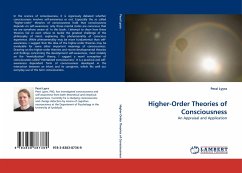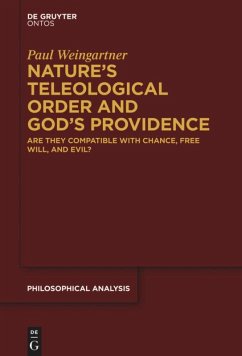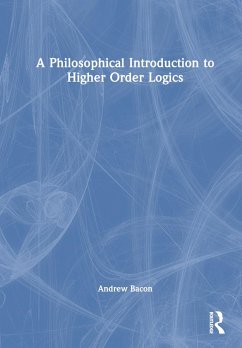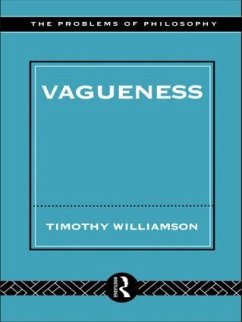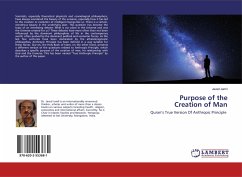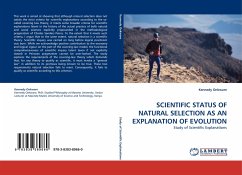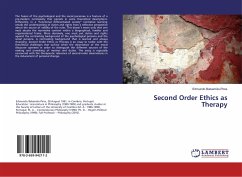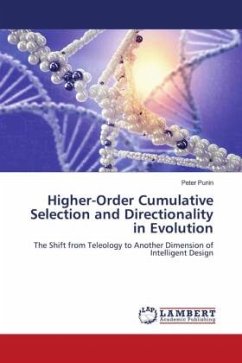
Higher-Order Cumulative Selection and Directionality in Evolution
The Shift from Teleology to Another Dimension of Intelligent Design
Versandkostenfrei!
Versandfertig in 6-10 Tagen
37,99 €
inkl. MwSt.

PAYBACK Punkte
19 °P sammeln!
At the outset, this work seeks to show that cumulative selection - according to Modern Synthesis and its naturalistic extensions the principal driver of evolutionary directionality - is not as "simple" as claimed by neo-Darwinist authors. To realize this, it suffices to remember that many essential factors intervening in a given cumulative selection process are in turn issued from cumulative selection and so on. So, hyper-complex higher-order cumulative selection networks are hidden behind apparently "simple" cumulative selection processes. Here the following question arises: in order for a co...
At the outset, this work seeks to show that cumulative selection - according to Modern Synthesis and its naturalistic extensions the principal driver of evolutionary directionality - is not as "simple" as claimed by neo-Darwinist authors. To realize this, it suffices to remember that many essential factors intervening in a given cumulative selection process are in turn issued from cumulative selection and so on. So, hyper-complex higher-order cumulative selection networks are hidden behind apparently "simple" cumulative selection processes. Here the following question arises: in order for a considered cumulative selection process to merely operate, should we not presuppose that the hyper-complex higher-order cumulative selection network behind it must be adequately preconfigured? Independently of the classical teleology issue which concerns, simplifying, the need for evolution of pre-given goals, this work defends the thesis that evolutionary directionality indeed requires such apreconfiguration. Even if evolution might unfold in a "teleology-free" way, the need for Intelligent Design reappears at this more fundamental level to be called "active teleonomy."



